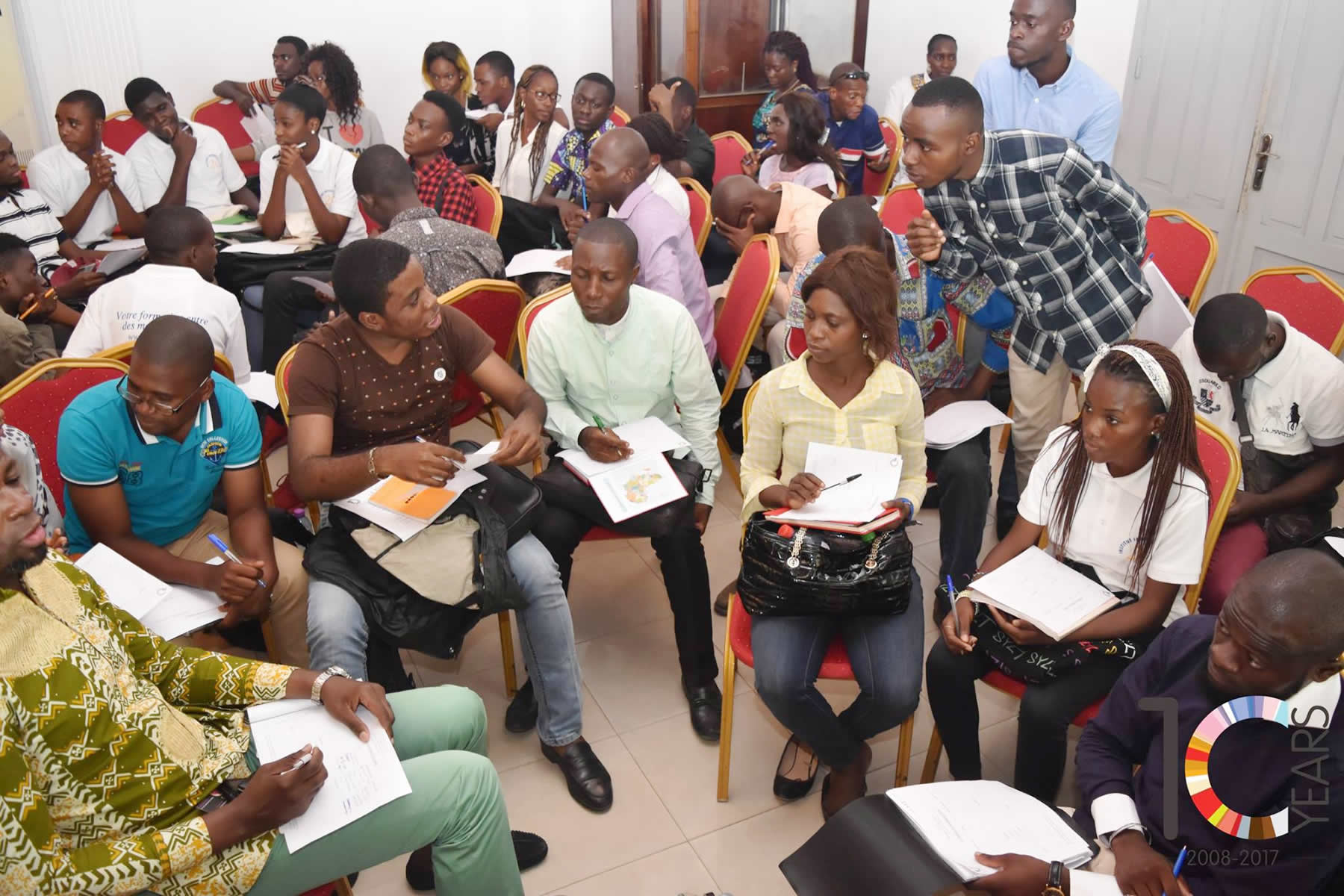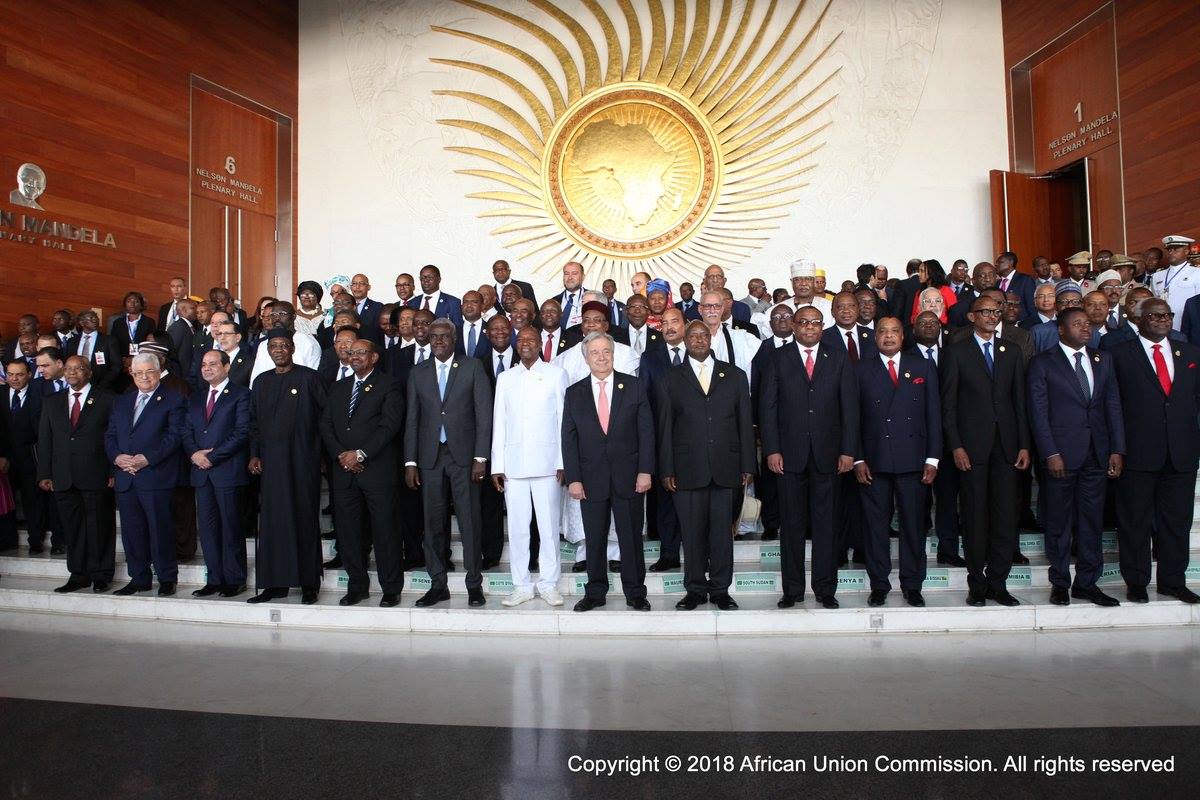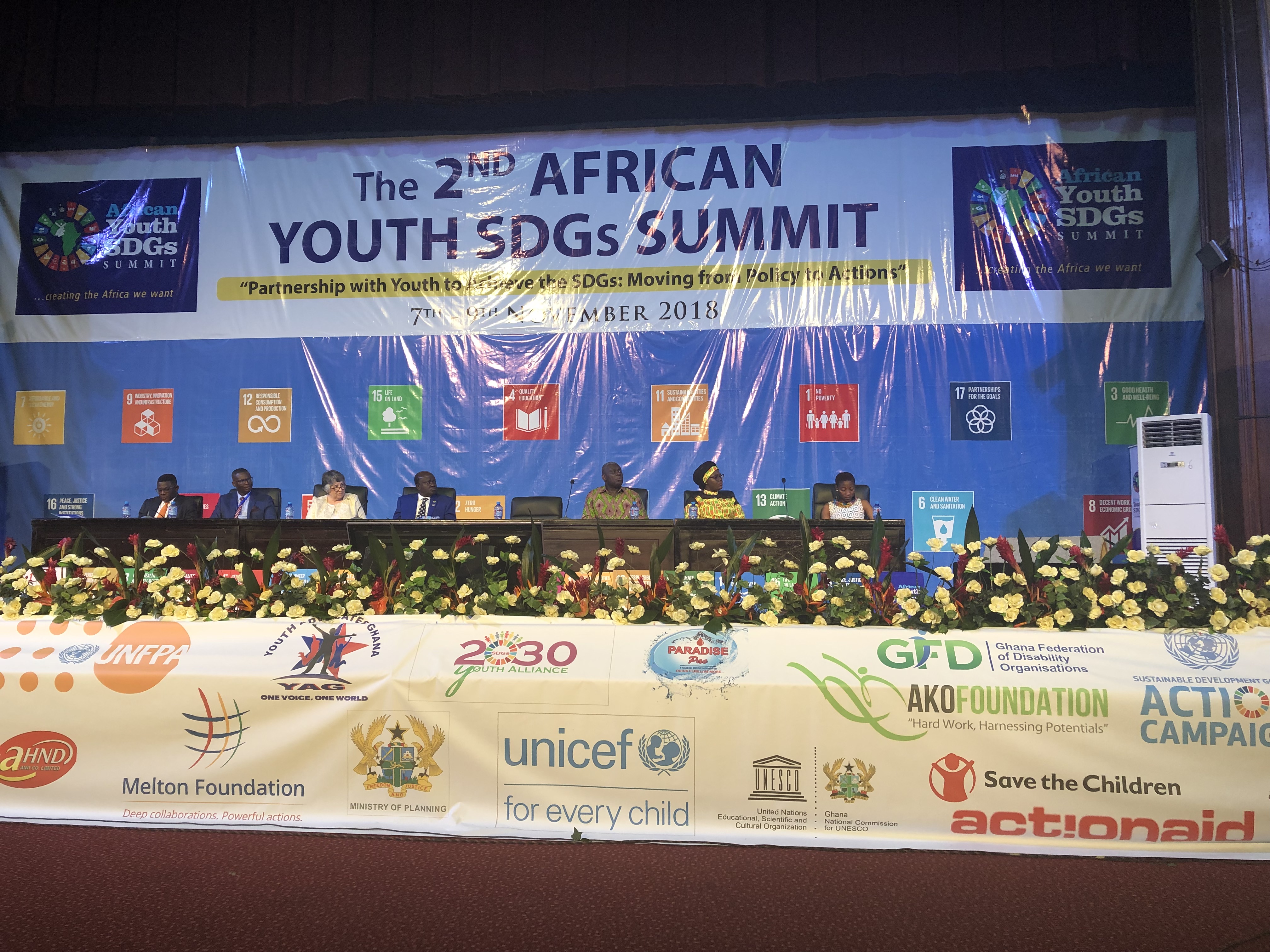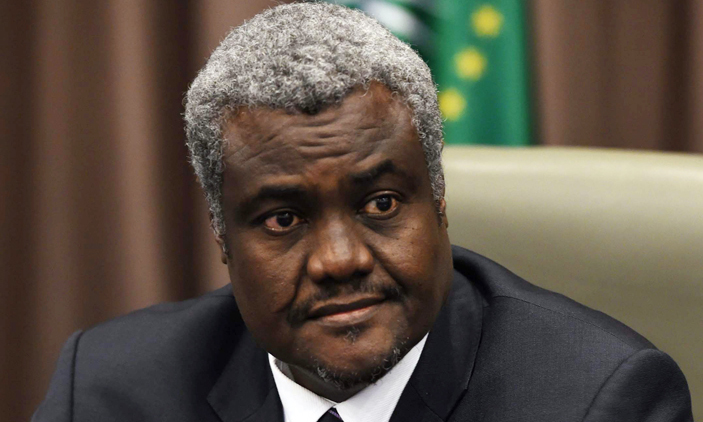By Kiram Tadesse
With the major focus on institutional reform of the African Union the 11th AU Extraordinary Summit is underway in Addis Ababa taking range of sessions. 45 African Head of States and Governments will also meet on November 17-18, 2018 at the AUC Headquarter. The issue of reform having four action areas, since first tabled to the Assembly of Head of States by President Paul Kagame of Rwanda, has become an essential topic. The reform suggests delivering early results in a visible and measurable way in the short and medium term towards the AU’s Agenda 2063 that lays out an ambitious long term vision for the continent.
President Kagame’s reform takes note that it is not for lack of ideas, visions, priorities, resources, or capabilities that the African Union has failed to keep pace with changing times. Nor can outsiders be blamed for the internal divisions that needlessly slow Africa down at times. It further stressed that reform doesn’t start with the AU Commission. It starts and ends with the leaders, who must set the right expectations and tempo. The effectiveness of the African Union, after all, is the leaders business and responsibility.
Africa has the youngest population in the world. By 2055, the continent’s youth population (aged 15-24), is expected to be more than double the 2015 total of 226 million, according to UNDP.
On the other hand the State of the African Youth Report 2011 puts despite increased primary education attainment and literacy rates, many young people in Africa do not progress to higher levels of education. The resultant limited skills are reflected in the high underemployment and working poverty that are major features of the African youth labour market. According to the report, with regard to health, the high adolescent fertility in sub-Saharan Africa means that young women contribute to the high maternal morbidity and mortality in the region.
By the same token, young people in affected areas also share in the impact of communicable diseases such as tuberculosis and malaria. Available evidence also shows that HIV prevalence among young people in sub-Saharan Africa is the highest of all major world regions.
Despite Africa’s commitment to youth development and welfare was amply manifested in 2006 during AU Head of States and Governments meeting in Banjul, Gambia, that endorsed the African Youth Charter (AYC). The latest AU Reform argues that the leaders Assembly adopted more than 1500 resolutions. Yet there is no easy way to determine how many of those actually been implemented.
It is time for the leaders to pay greater attention to the youth. The success of African governments’ efforts to address the issues of youth should come in to practically strengthen, reinforce and consolidate efforts in empowering young people through meaningful youth participation and equal partnership in driving Africa’s development agenda.
Hence the reform agenda is already open and so leaders have to break a business-as-usual approach towards the youth that would risk exposing Africa not only to economic underperformance and a brain drain, but also to criminality, political and social unrest, and even armed conflict that the continent has been strangling with.






